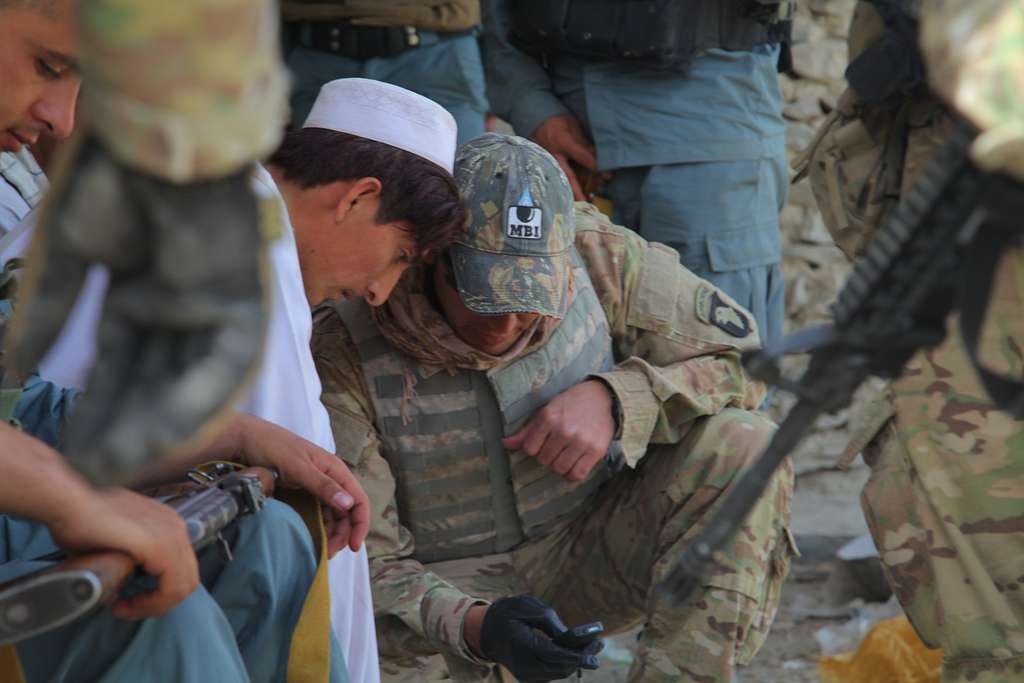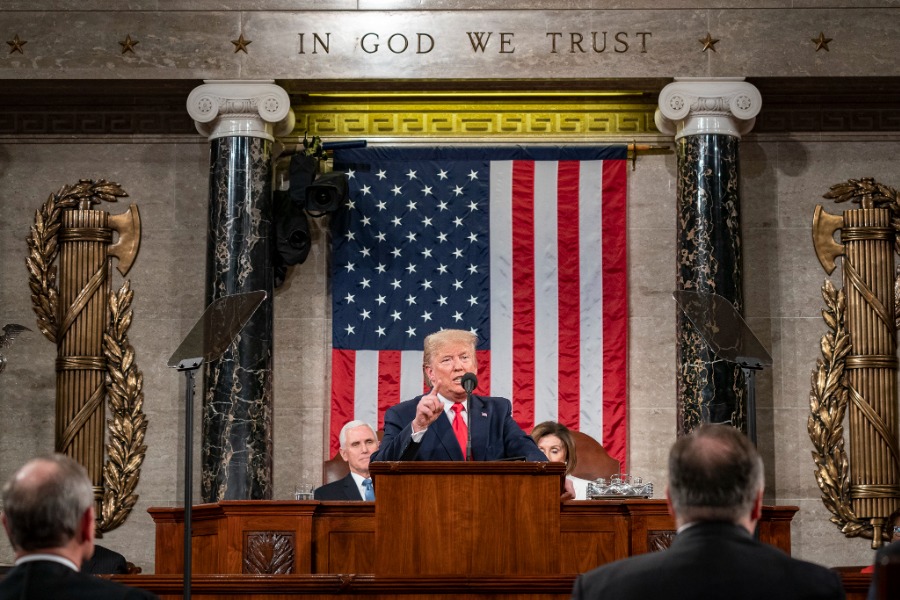Article II and Iraq: Justifications for the Mosul Dam Operation in the WPR Notification
In a very positive development, Iraqi and Pesh Merga forces are in the midst of what appears thusfar to be a successful joint operation to take back the Mosul Dam from ISIS fighters. But it's not just the Iraqis and Kurds; the U.S. military has conducted 14 airstrikes in support of the operation.
Published by The Lawfare Institute
in Cooperation With

In a very positive development, Iraqi and Pesh Merga forces are in the midst of what appears thusfar to be a successful joint operation to take back the Mosul Dam from ISIS fighters. But it's not just the Iraqis and Kurds; the U.S. military has conducted 14 airstrikes in support of the operation. This prompted the White House to issue a new War Powers Resolution notification (here), the key language from which states:
On August 14, 2014, I authorized the U.S. Armed Forces to conduct targeted air strikes to support operations by Iraqi forces to recapture the Mosul Dam. These military operations will be limited in their scope and duration as necessary to support the Iraqi forces in their efforts to retake and establish control of this critical infrastructure site, as part of their ongoing campaign against the terrorist group the Islamic State of Iraq and the Levant (ISIL). The failure of the Mosul Dam could threaten the lives of large numbers of civilians, endanger U.S. personnel and facilities, including the U.S. Embassy in Baghdad, and prevent the Iraqi government from providing critical services to the Iraqi populace.(emphasis added). The notification not surprisingly goes on to cite the President's Article II authority as the domestic law justification (specifically, his power to conduct foreign relations and his role as Commander-in-Chief). How does this compare to the prior White House justifications for proceeding without Congressional authorization? The earlier justification had two distinct elements, each treated as a sufficient condition for authorizing force on Article II grounds. First, there was the prospect of harm to US personnel in Erbil; this force-protection argument undergirded airstrikes on ISIS personnel and military equipment threatening that city. Second, there was the prospect of a humanitarian disaster at Mt. Sinjar, supporting airstrikes on the ISIS cordon there. Both humanitarian and force-protection themes appear in today's Mosul Dam notification, of course, but the context for each is different. The dam is far from Erbil, and its fate poses no direct threat to US personnel there; the force-protection argument instead is linked to US personnel downstream in Baghdad. That's not wholly unreasonable; my limited understanding is that a failure of the dam would cause significant problems in Baghdad. I defer to others who know more about the consequences of a dam failure to determine if this illustrates a problematic flexibility to the force-protection argument (i.e., whether it shows that the logic of the argument is too capacious). It does at least draw further attention to the question of just where the boundaries of the force-protection argument are. As for the humanitarian argument? Something similar might be said, insofar as it is correct that ISIS had strong incentive both to try to keep the dam operating (so as to provide electricity in its own territory) and to avoid a breach (which would cause huge damage to Mosul, which ISIS controls). As I understand it, the core of the pure-humanitarian argument here is that ISIS just would not prove able over time to keep the dam in order, and thus sooner or later there would be either losses of power or an outright breach. Again, it's by no means wholly unreasonable, but it also highlights the breadth of the more-controversial Article II humanitarian argument. Perhaps more significantly, isn't all of this argumentation pretty distant from the much more obvious motivation for this operation--i.e., that possession of the Dam was simply intolerable insofar as it substantially bolstered the ability of ISIS to control territory while also serving as a threat that could be held over Iraqi/Kurdish forces should they succeed (when the attempt inevitably comes) in ousting ISIS from Mosul? As the situation continues to unfold, I predict we will see situations in which US air support will be needed and will be provided, but that will be even more remote from the force-protection and humanitarian arguments that currently have been placed front-and-center; there have been many hints, after all, that a more robust US role may be in the offing once al-Maliki is gone. As Jack wrote previously, there already is a strong argument to be made that the President should go to Congress for authorization for this operation. That case got a bit stronger with the Mosul Dam operation, and would grow much stronger should we see still further migration from the original Sinjar/Erbil emergency-response scenarios.
Robert (Bobby) Chesney is the Dean of the University of Texas School of Law, where he also holds the James A. Baker III Chair in the Rule of Law and World Affairs at UT. He is known internationally for his scholarship relating both to cybersecurity and national security. He is a co-founder of Lawfare, the nation’s leading online source for analysis of national security legal issues, and he co-hosts the popular show The National Security Law Podcast.





